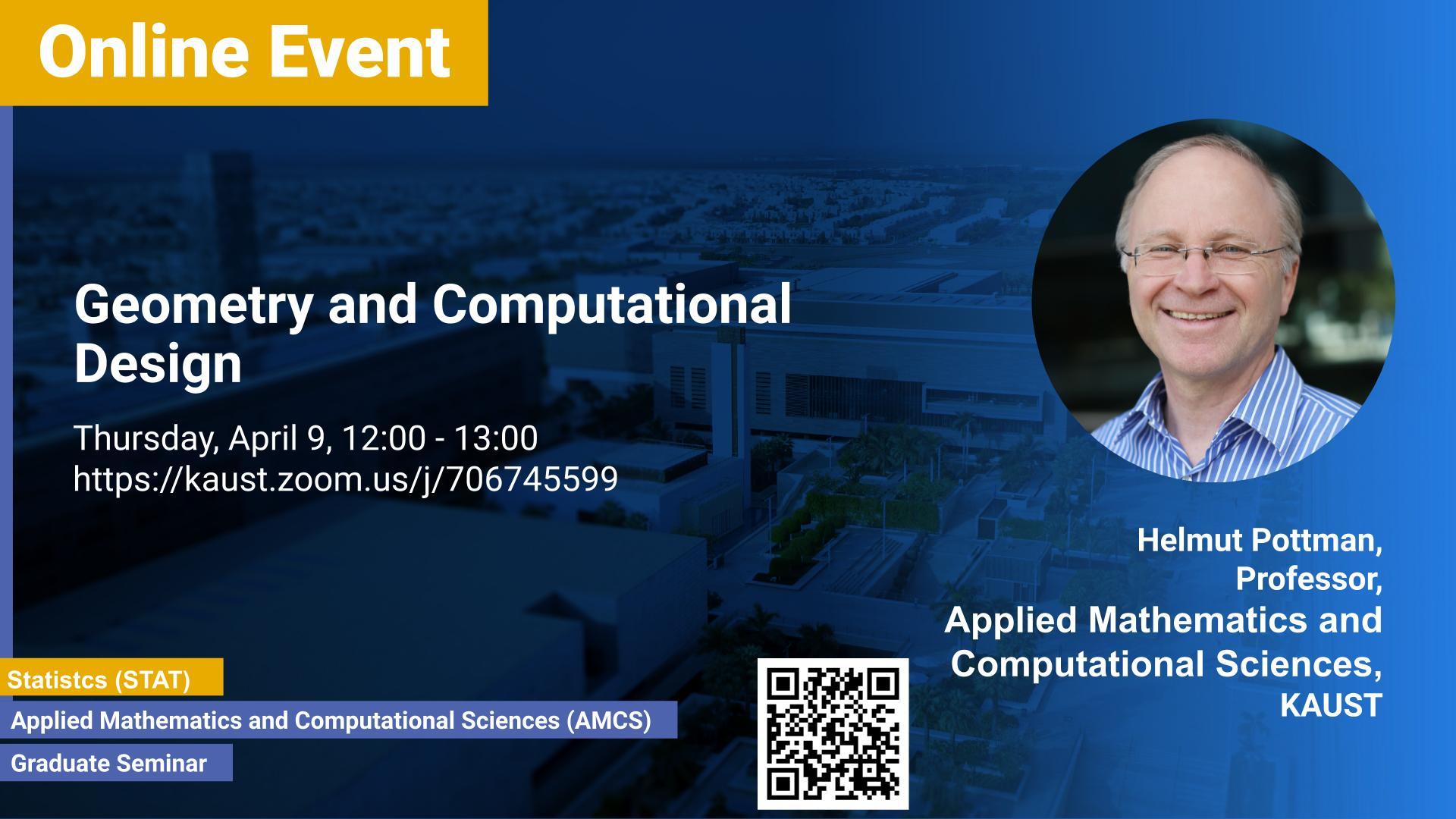Abstract
An important stream of research in computational design aims at digital tools which support users in realizing their design intent in a simple and intuitive way, while simultaneously taking care of key aspects of function and fabrication. Such tools are expected to shorten the product development cycle through a reduction of costly feedback loops between design, engineering and fabrication. The strong coupling between shape generation, function and fabrication is a rich source for the development of new geometric concepts, with an impact to the original applications as well as to geometric theory. This will be illustrated at hand of applications in architecture and fabrication with a mathematical focus on discrete differential geometry and geometric optimization problems.
